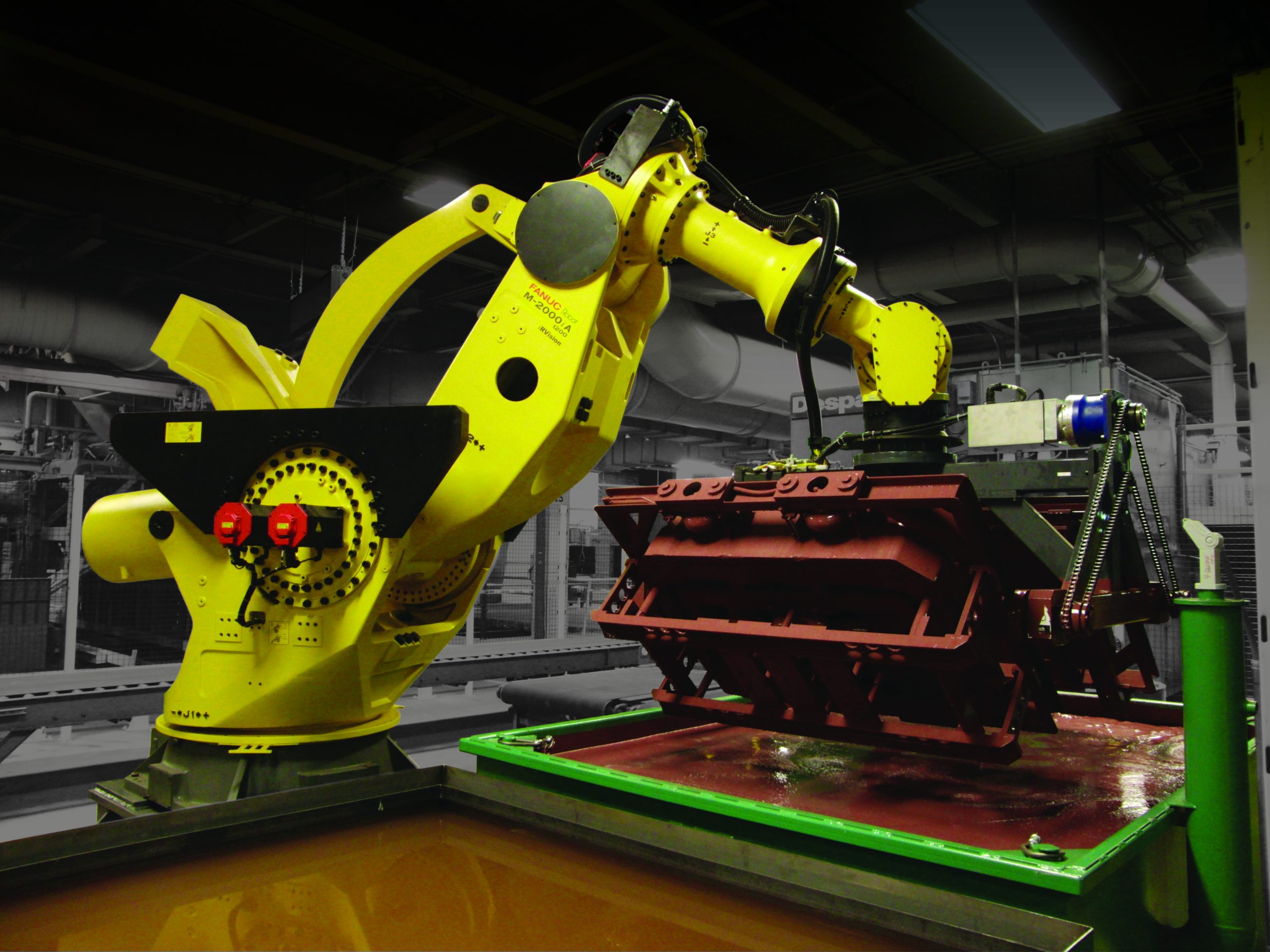In today’s rapidly evolving manufacturing landscape, industrial robots and robotic manufacturing have emerged as key drivers of innovation and efficiency. The integration of robotics in manufacturing has revolutionized the process. It provides a range of advantages to companies seeking to increase productivity as well as quality and competitiveness. As the demand for automation solutions grows manufacturing robots play an increasing role in determining the future of manufacturing.

Manufacturing robots, also known as industrial robots, are specialized devices designed to accomplish different tasks in the manufacturing environment. This could include welding and painting, assembly and packing and picking and many more. Industrial robotics is the field that studies and implements the robots to improve efficiency and accuracy in manufacturing operations.
Automated Solutions Australia is one of the businesses at the forefront. They are specialized in industrial robot systems that offer flexible automation to manufacturing clients. ASA industrial manufacturing robots aim to give clients an edge over competitors by enhancing their quality and productivity. With a particular focus on best practices, the industrial robotics solutions offered by ASA are sought-after by corporations all over the world, in many industries including electronics, automotive pharmaceuticals, among others.
Benefits of industrial robots are many-sided. The improvement of efficiency and productivity is one of the most important advantages. Industrial robots can perform repetitive tasks with accuracy and consistency. This results in higher output rates and reduced cycles. They not only increase productivity, but also helps businesses meet the growing demands of consumers.
Moreover, industrial robots aid in ensuring better quality control in manufacturing processes. Robots can complete tasks with greater accuracy and more reliability. This leads to better quality products. The result is increased customer satisfaction, as well as the image of a business to provide high-quality products.
In addition to their efficiency and high-quality, industrial robots also have cost-saving benefits. While the initial investment in manufacturing robots may seem substantial however the cost savings over the long term are substantial. Companies can cut operational costs by streamlining processes and cutting down on manual labor. Additionally, industrial robots operate around the clock to maximize the utilization of resources while cutting production costs.
Another significant benefit of industrial robots is their impact on working environments. They are engineered to reduce noise, creating a quieter and more comfortable work environment for employees. Their precision and speed also contribute to a safe workplace by reducing the risk of accidents and injuries that can be caused by manual work.
The integration of industrial robotics also plays a crucial role in the creation of jobs and the future of work. Although there could be some concerns about automation displacing human workers However, the reality is industrial robots open up new avenues to work. Opportunities include positions that involve programming robots maintenance, oversight, and monitoring, aswell being the development of cutting-edge technology to aid in robotic manufacturing.
Businesses across a variety of industries continue to benefit from industrial robots, and the manufacturing sector continues to embrace this technology, it is rapidly changing the industry. Industrial robotics is able to increase efficiency, cost effectiveness as well as quality. It is changing the manufacturing industry, and setting new standards of excellence.
In conclusion, the emergence of manufacturing robots and industrial robotics marks a paradigm shift in the industry of manufacturing. Integration of these advanced technology is enabling businesses achieve unprecedented levels of performance, precision, competitiveness, and efficiency. Industrial robots will play a crucial part in ensuring that the need for automation grows. They will help define the future of manufacturing and propel innovation.